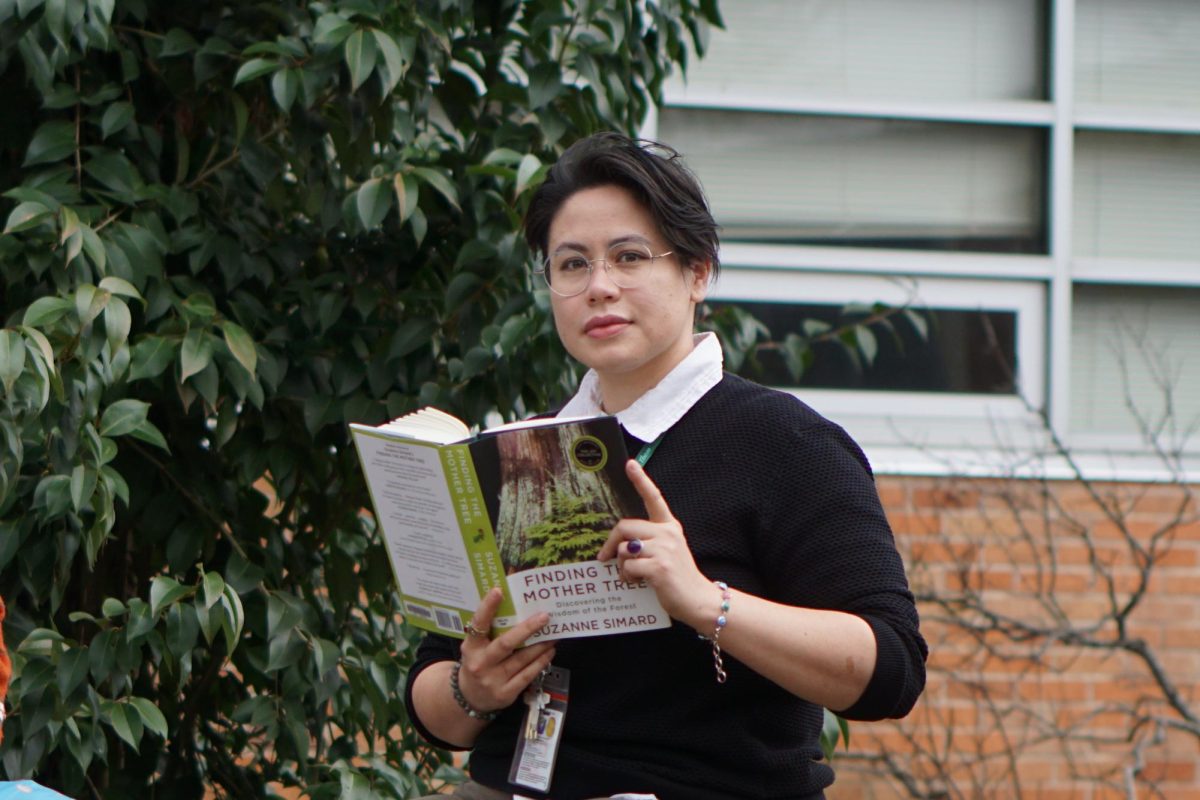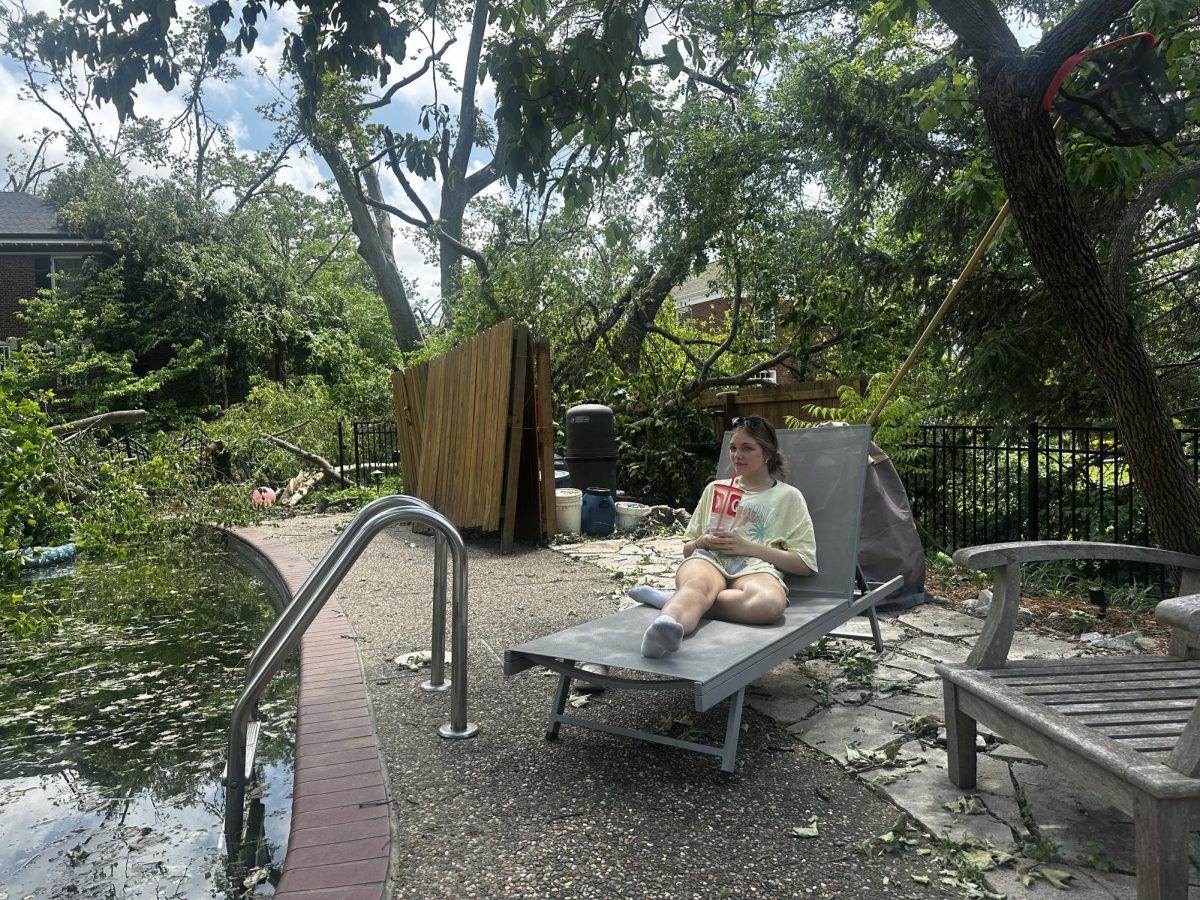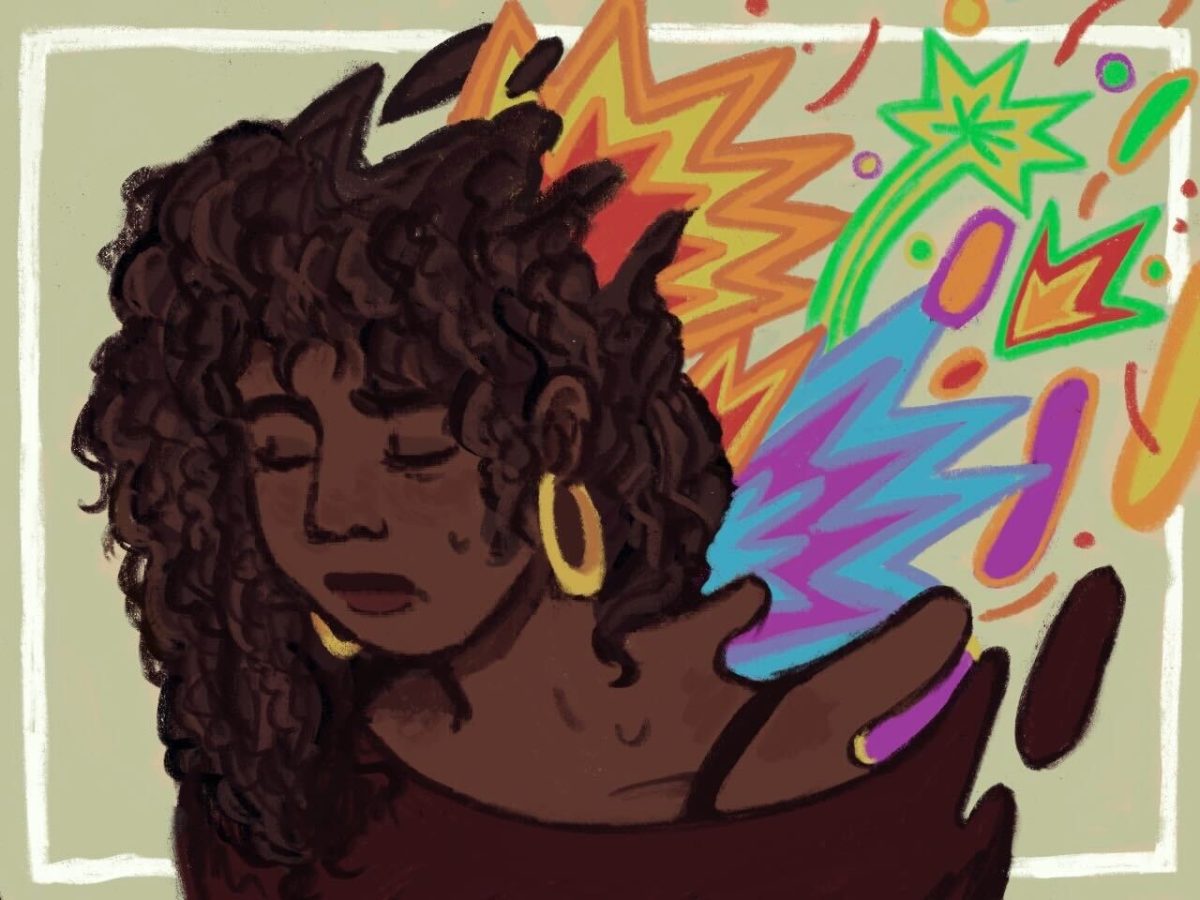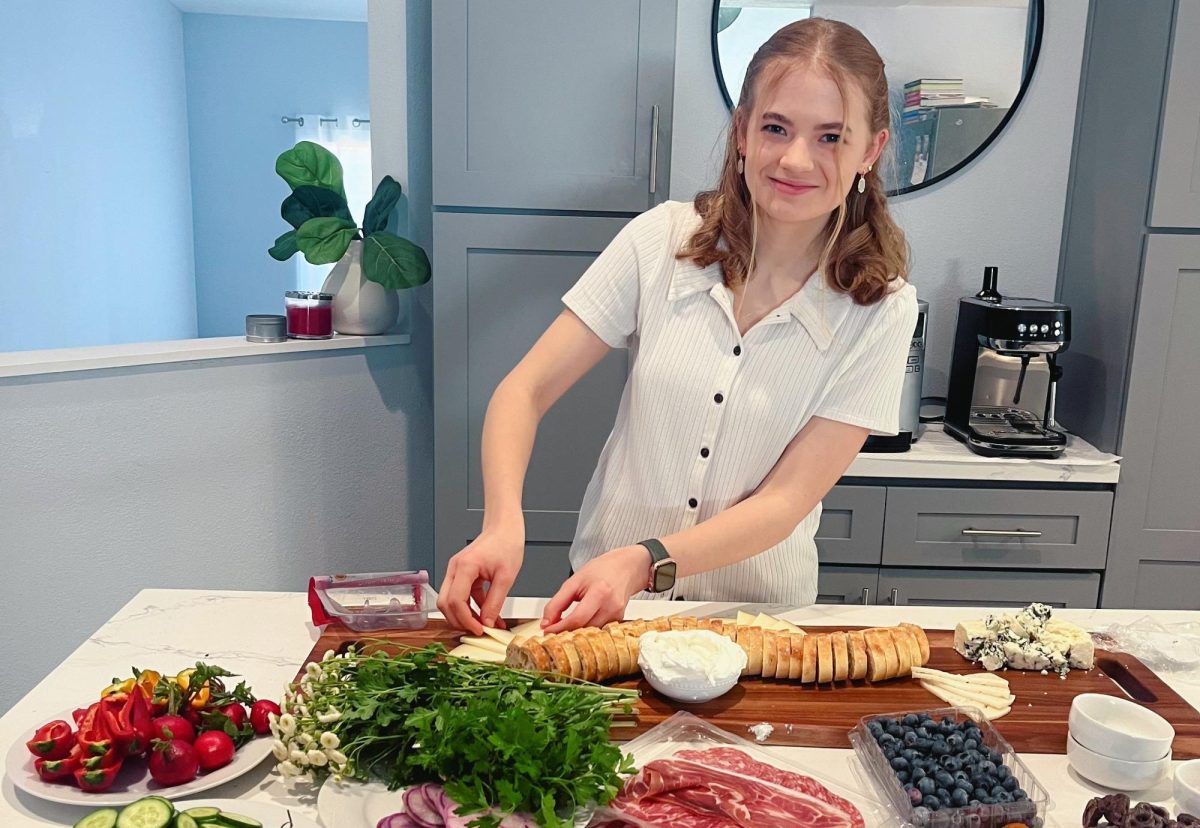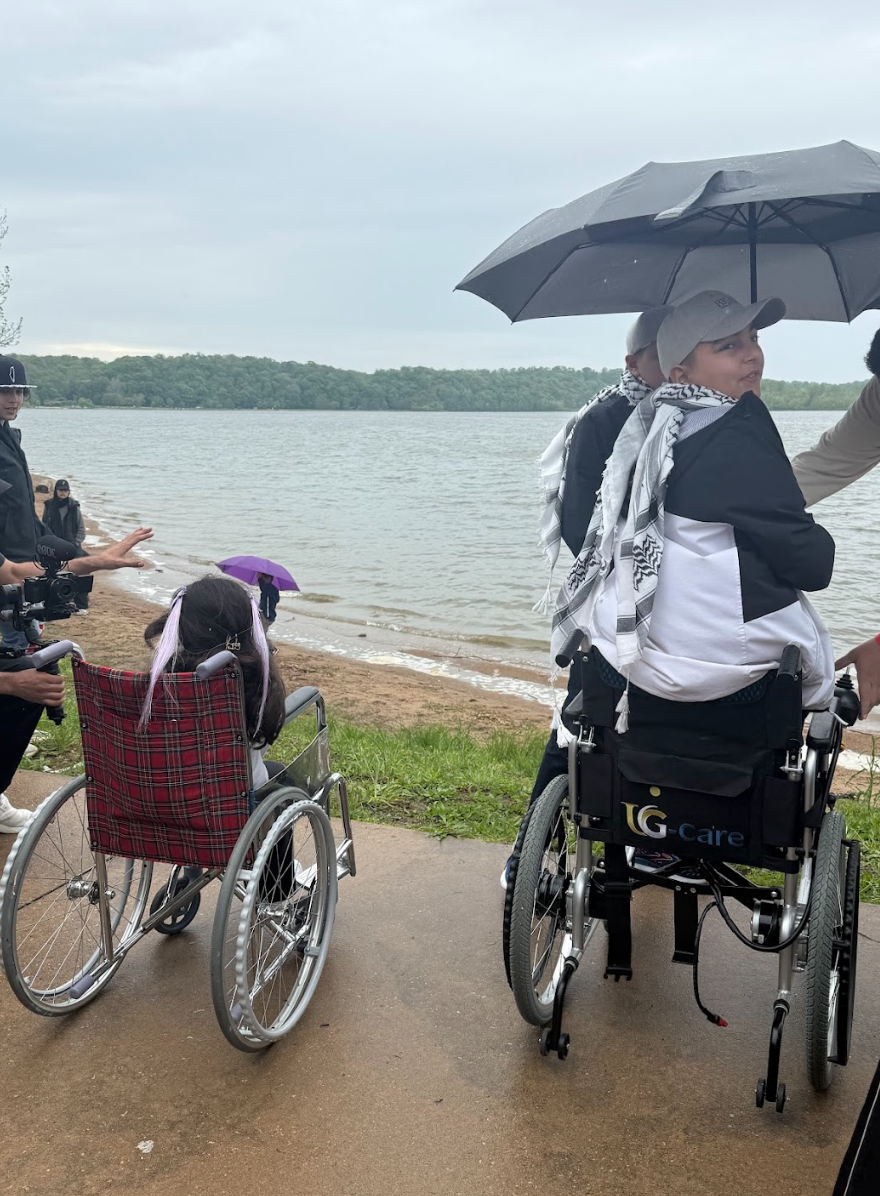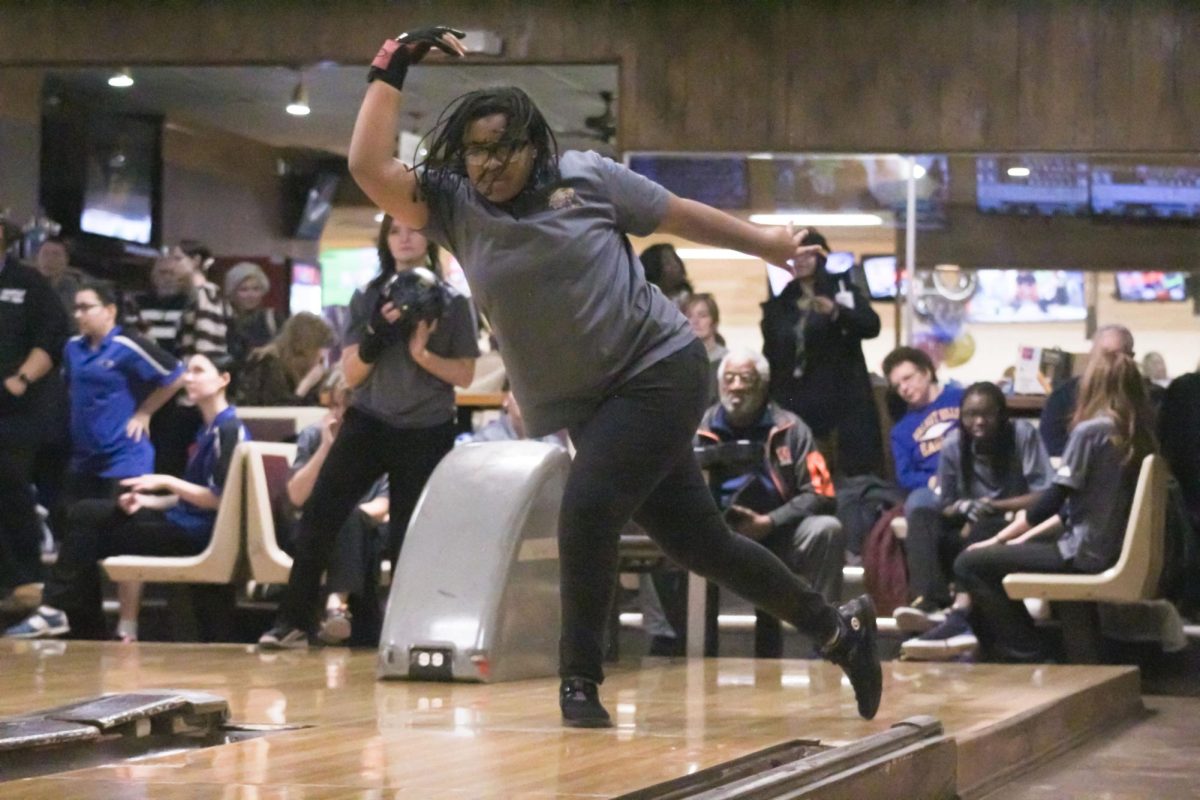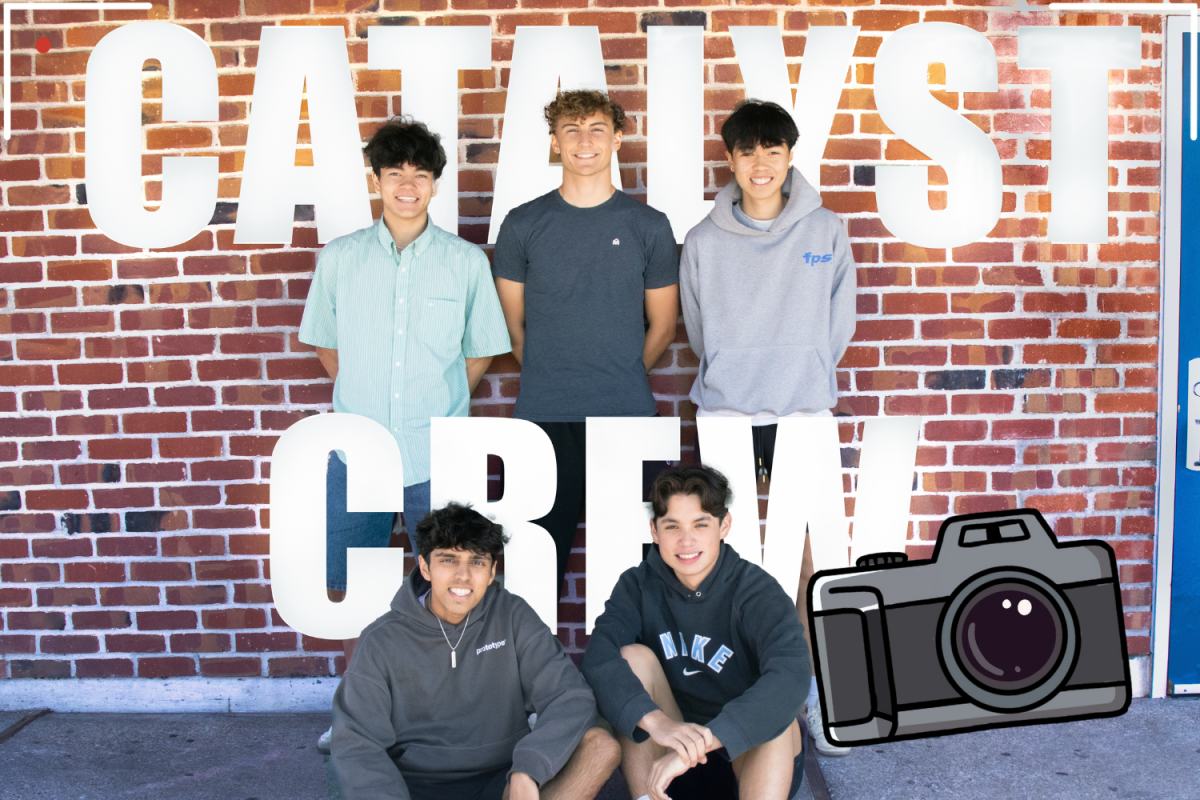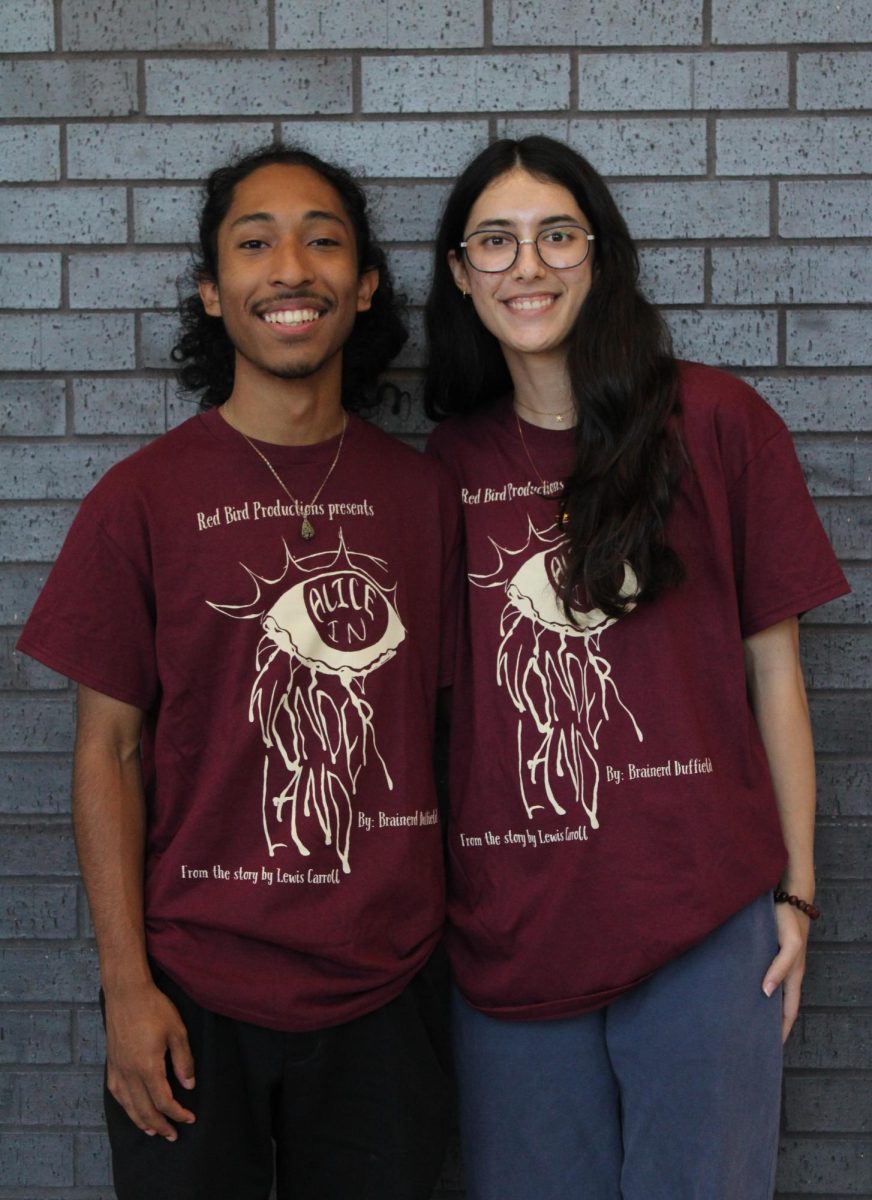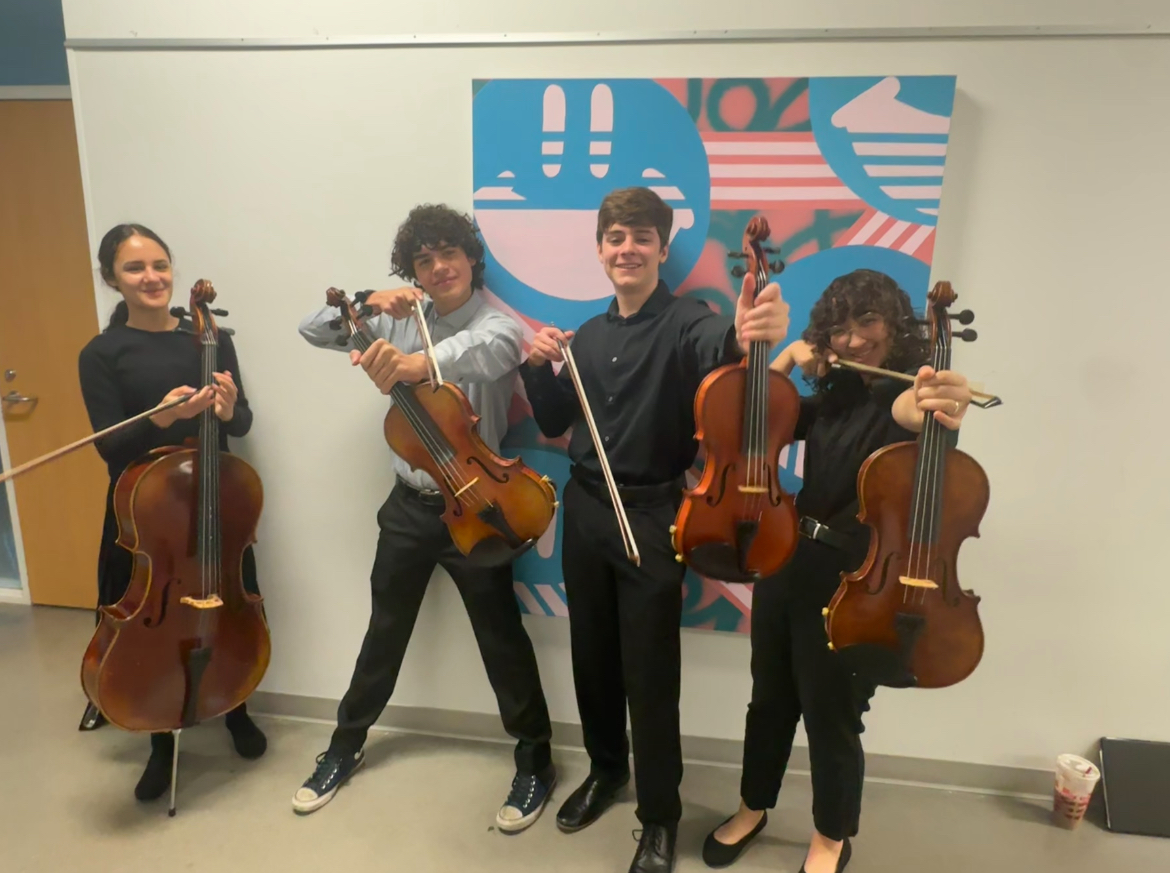Walking into Friends on Wednesday morning, most students and faculty looked defeated. It was a jarring contrast to Tuesday when people enthusiastically sported “I Voted!” stickers.
On Wednesday, some were shocked. Others had already prepared themselves for the possibility of a second Trump term. A few were happy, and their posts were a striking contrast to those who took to social media to share disheartened reactions.
News of Donald Trump’s victory sounded early Wednesday morning. While the race had been close, and most swing states polled as tossups, the results broke in less than 12 hours. Now, with a conservative Supreme Court, a Republican Senate, and possibly a Republican House, Trump’s path to passing policies will be much easier.
Our community at Friends is mostly liberal. While many of us strongly object to Trump’s hateful and anti-democratic rhetoric and policies, a majority of American voters elected Trump to the White House. That majority probably includes someone you know, whether they are friends, neighbors, or family members.
We all have various levels of comfort interacting with different viewpoints. Some of us may want to distance ourselves from those who believe in policies that directly endanger our identities. Others may feel that talking about politics with their friends will harm their friendships. Many are processing grief while wondering how or when we can talk to those with whom we disagree.
George Fox, the founder of Quakerism, wrote that there is “that of God in every one”—an inner light in every person. In other words, there is good in everyone, no matter the views they hold.
Historically, Quakers have stood up for this belief. They have opposed slavery, the death penalty, war, and other forms of brutality. Their goal has been to see and respect the light in all people.
While there is that of God in every person, there is not that of God in every idea. Practices that dehumanize people do not have a place in our Quaker community. They have no light.
We can still stand against them. And in that, there’s hope. Many of us may also need time to process our grief and anger. We need to check in with ourselves, and ask: “When will I be ready to see the light in others? What level of confrontation with different views is healthy for my well-being and relationships?”
Those questions are challenging. But that doesn’t mean we shouldn’t attempt them—even if we don’t always feel like we have the right answers.
This story was originally published on The Quaker Quill on November 8, 2024.



